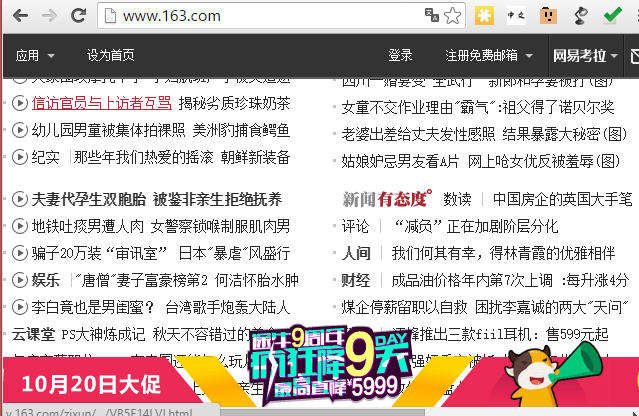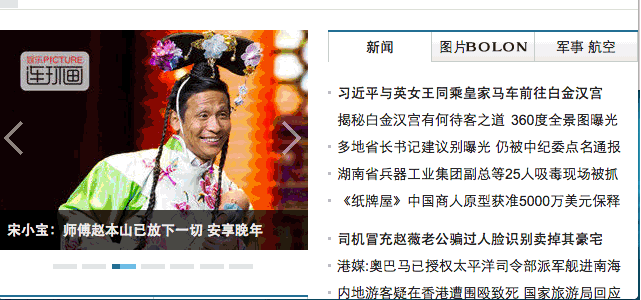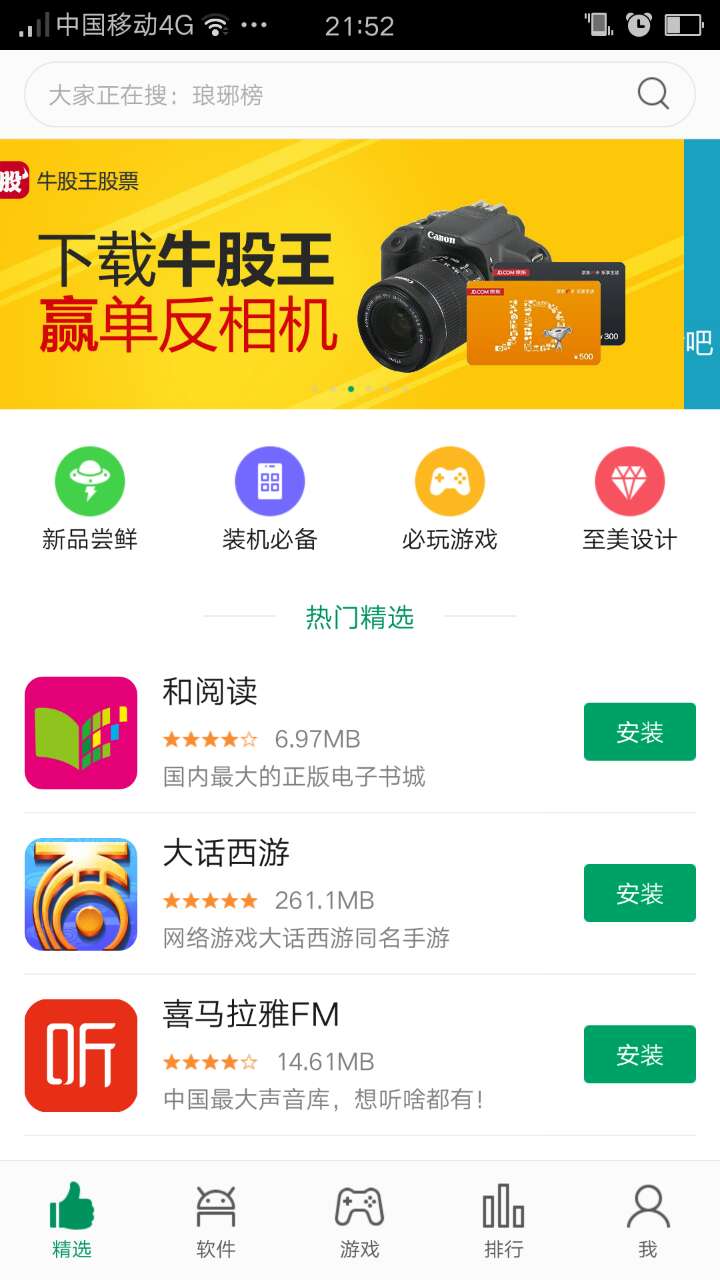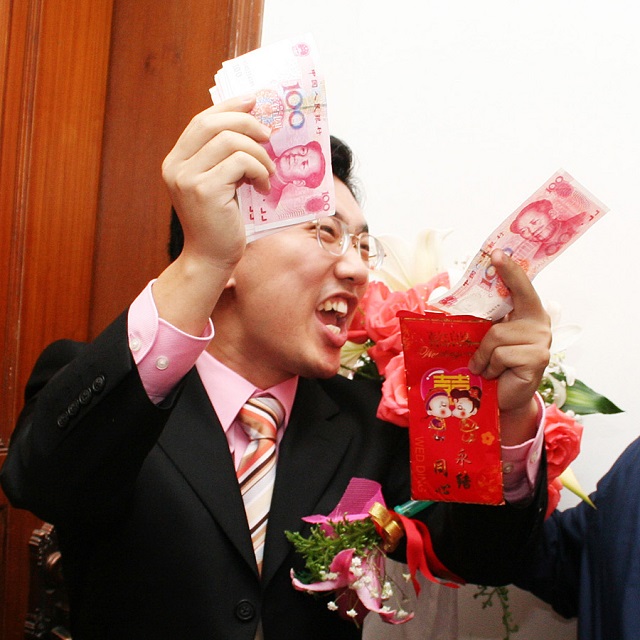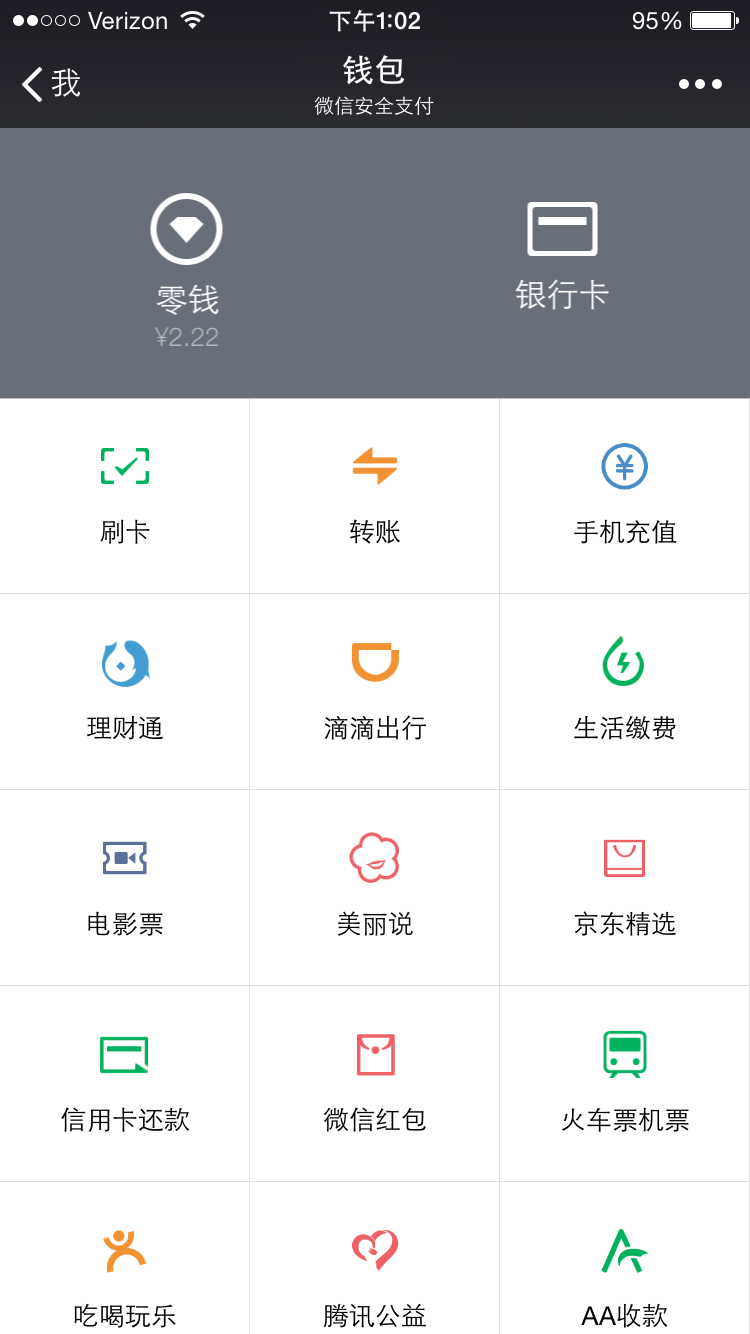Are you yearning to earn some Yuan?
Maybe selling an app to China’s millions would do the trick. But can you just post your English app on an app store? Then hope that people will know what it is and how it works? Or can you just do a quick translation of the app? Then expect to feel your pockets fill up with gold?
Unfortunately selling an app in China is not as easy as posting it to Google Play or the Apple App Store. Nor is it as easy as just translating it.
If you want your wallet to bulge with copies of Mao’s portrait, then follow these tips for releasing an app in China.
Localize
The citizens of Hong Kong are well-known for speaking excellent English. However, outside of the large coastal cities of China, few people are proficient in English. Even those who have a high English proficiency prefer to buy from websites that are in Chinese.
But you cannot simply translate an app word for word and expect that it will meet the needs of Chinese consumers. The app needs to be truly localized. For example, dates in China start with the year, then the month, and then the day. Chinese names have the family name first and then the given name. These are basic localization factors that need to taken into account when the app is under development.
Still, there is more to effectively localizing. In order to really appeal to the masses, you must speak appropriately to their culture.

For example, young Chinese like to use Internet slang. One commercial featuring Jackie Chan depicted him saying “Duang.” This word took off with the masses even though that combination of sounds had never existed in the Chinese language before. That didn’t bother the Chinese Internet world. Netizens even invented a new character for the word by combining Jackie Chan’s family name and given name into one character. This word immediately insinuated itself into advertisements, news headlines, and countless online discussions. It was everywhere.
Working with a Chinese partner who understands this up-and-coming terminology can give you an idea of what words can resonate with your target audience.
Not only is Internet slang popular, but it also set phrases, called chengyu. They come from history and ancient literature and speaks to the hearts of Chinese people. The phrase “discussing military strategy on paper” does not really mean much to non-Chinese. However, Chinese immediately know the story behind that short phrase, and they know the meaning. It is worthless to have an intellectual knowledge of something without a practical ability. By using chengyu you can communicate a deep meaning with few words. As well as show your literary knowledge at the same time.
Finally, names of foreign brands must turn to localization in a way that appeals to Chinese consumers. Very often foreign names are written using Chinese characters that sound out the foreign name. However, these can be hard to remember for Chinese people because they are like a random assortment of Chinese characters. This type of Chinese name can be just as hard for Chinese people to remember as Chinese names are for you.
Therefore, many companies, rather than sounding out their English names in Chinese, create a new Chinese name that is meaningful to Chinese people and easy to remember. The meaning of the Chinese name may not be exactly the same as the meaning of the English name, but it sounds good and feels right.
An example of a movie named this way: The Expendables in Chinese is literally “the team that dares to die.”
Design Your App for China
Not only does the language need to be Chinese, but the app design needs to be Chinese as well. Chinese web users are much more comfortable with what Americans would call clutter. One web portal page can have hundreds of links.
Compare the NetEase web portal to Yahoo.
In addition, Chinese web pages are often full of movement. When you open up the Chinese web portal www.163.com, a large advertisement opens from the top for about five seconds. It then withdraws back to the top, but a newsfeed photo slider continuously changes photos, text scrolls along the sides, and advertisements on the sides never stop flashing and changing. What an American user might find infuriating is normal to a Chinese user.
Websites and apps are even designed differently in hidden ways as well. Chinese web designers use blank links—links which open the webpage in a new browser tab—much more frequently than American web designers do.
For an in-depth comparison of American and Chinese app design see Dan Grover’s blog.
Release on Android
iPhones are extremely popular in China. Netizens have even nicknamed the iPhone “kidney” in reference to the story of a person who sold his kidney to buy an iPhone.
However, because much of the smartphone market growth is due to less affluent people in smaller cities, cheaper alternatives based on Android are driving growth. Local brands such as Xiaomi, Huawei, Oppo, and Lenovo all sell well across China.
Android is where the people are; about 70% of gamers on mobile devices in China are using Android.
Nevertheless, note that iPhone users on average spend more money on apps than Android users do.
Publish on Multiple Third-Party App Stores
Unlike in America, where Google Play and the Apple App Store dominate the market, in China more than 300 Android app stores vie for consumers. The top stores are My App by Tencent (腾讯应⽤宝), Huawei App Market (华为应用市场), and Oppo Software Store (OPPO软件商店). These stores have an installation base of 25%, 15%, and 12% respectively (January 2020). Google Play, on the other hand, has a mere 0.04%.
“In fact, Google play is blocked in China,” says Shlomo Freund, the founder of AppInChina. “So even though it has some market share, few people use that store. It’s mostly used by foreigners or tourists coming in. Its market share comes from pre-installs on Android phones. Otherwise, I don’t see Chinese mobile users downloading the Google Play store to their phones actively.”
Studies show that developers can improve distribution by 200% by publishing on multiple platforms compared to releasing on Google Play alone. The decision on what stores to release on depends on factors like budget, demographics, and the relative market share of each store.
Here is an up-to-date list of the top 20 Chinese app stores.
Thinking About Releasing Your App in China?
Click the button below to tell us what you’d like to do, and we’ll get back to you with solutions and a quote.
Get a Free Quote
Partner with a Local App Publisher
Names and name brands represented by well-known celebrities matter in China, from goods to phones to sneakers. Chinese consumers prefer to buy from a brand that they know and trust. Google’s data suggests that more than 80% of mobile gamers buy from a brand they recognize.
That means foreign app developers should be prepared to partner with a local app publisher so that consumers know that they will get an honest product without spyware and viruses.
Nevertheless, as a developer, you yourself should be alert against being cheated. Work with reputable publishers that will not simply take your ideas and leave you cold.
Integrate with Services Like QQ, WeChat, and Weibo
Be prepared to have your app and its associated websites integrate with QQ, WeChat, and Weibo. WeChat has over 500 million users. While it is primarily a messaging app, it also has a Facebook-like functionality, which allows users to post updates and share web addresses.

WeChat welcome screen. WeChat is a top app in China.
It has become so important at driving inbound traffic, that now web developers must optimize their websites for the WeChat app.
Thomas Graziani, the founder of WalktheChat, said, “I read a ton of articles by non-Chinese mobile developers who have to test their work in multiple browsers. In China, we need only test our light apps in the WeChat browser, and if it works there, we’re good to go. That’s how universal the platform is.”
The light app that he mentions is a small web page designed specifically for the WeChat browser. In fact, sometimes these tiny apps don’t even function in a desktop browser.
In China, the mobile-first idea is old fashioned. As Kendra Schaefer says, “China is already going mobile-only.”
Use Free Apps with In-App Purchases
Chinese consumers tend to dislike paying for apps. Perhaps this has something to do with the long tradition of free information in China. You can download free music, free movies, and free books off the Chinese Internet. Students are even accustomed to getting textbooks for free, or nearly free, by taking their classmates’ textbooks to the copy center and reproducing them page by page.
Therefore free apps appeal to Chinese consumers more than paid apps at any price. That doesn’t mean though that Chinese are not willing to spend money. Chinese love to spend money, not ON apps, but IN apps. They pay for things like extra services and functions, e-commerce, and premium versions.
As of 2013, 90% of profits from apps came from in-app purchases. Forbes magazine states that out of those who make purchases online, 80% used a mobile device to buy something last year. 20% do so weekly.
Don’t Hurt the Feelings of the Chinese People
Usually, when you hurt someone’s feelings, you kiss and makeup and it is all good. But when the Chinese government says you hurt the feelings of the Chinese people, you are in deep trouble.
Try accessing Facebook or YouTube in China, and you will understand what happens to companies that hurt the feelings of the Chinese people. The result: your website and app will be blocked. End of story.
There is no Western Internet giant big and powerful enough to ignore the laws of China. Follow the rules or stay out.
This means paying attention to a whole host of issues. If your site or app features a map in it, be sure to consult with the government’s official maps first. Pro tip: Be aware that Beijing wants Taiwan to be the same color as the Mainland. Also, remember the nine-dash line.
Blog content and discussion forums’ discussions had better not stray from the view of the People’s Daily, the official government newspaper.
Don’t just assume that it is you against the government. You need to need to be sensitive to how the people themselves feel. Anything that seems to represent China had better be treated with the utmost of respect.
Ferrari found itself the brunt of ire when it lifted a car up onto a section of the Great Wall for a photo op. Having an Italian car on the wall seemed to many the equivalent of trodding on the Chinese flag.
When Japan is involved in any way, be especially sensitive. Much negative sentiment remains from World War II. Toyota sparked a backlash when one of their advertisements showed stone lions, a traditional Chinese decoration, showing obeisance to a Toyota. This led netizens to create photos of stone lions smashing Toyotas: not the image the automaker was going for.
Therefore, be sensitive to the rules of the Chinese government. As well as the views of the Chinese people.
Other Tips
Use reliable content providers: Do not rely on content from websites that are blocked or restricted in China. That means rather than using information or maps from Google, use Baidu. Rather than getting videos from YouTube, use Youku or Tudou. Also, pay attention to whether the CDN you use will work in China.
Small games: The most popular mobile games in China are games that are easy to play in short moments, like during the subway ride or while trying to appear attentive in class. Levels with short play times beat out epic games that require half an hour to make progress.
Keep apps’ bandwidth requirements small: Chinese networks tend to be slower than America’s. Therefore, do not make an app that lags and tries the user’s patience. Further, data plans can be expensive, so keep that in mind when you are asking your users to download and upload information. Keep the exchange as minimal as possible.
Do not host in America: Sites hosted in America will be much slower than those hosted in China. But hosting in China will involve a Chinese business license and a lot of red tape. To avoid both the red tape and the slow speed, try hosting in Singapore or Hong Kong.
Login credentials: Many Chinese users like to log on to services with their telephone numbers, third-party authentication, or QR codes. Don’t assume that email is the best way for everyone to log on.
Connect to bank accounts or a payment service: Credit cards are not as popular in China as in the United States. Chinese netizens often pay online by connecting to their bank account directly. Or by using one of the online payment services such as AliPay or WeChat.
More Tips for Releasing an App in China?
Clearly, opening shop in China requires more than simply posting an app on Google Play and hoping that China’s millions will come with their money. You need to enter the Chinese market the right way, but if you do, you could see rich rewards.
These are our tips for how to publish an app in China. What are your tips? Please leave a comment to share your experience or to stump us with a question.
100 Yuan via photopin (license) – photo credit
The Action Star via photopin (license) – photo credit
一切只是為了開門 | All for Open via photopin (license) – photo credit
Darren Jansen, Business development and content manager for IVANNOVATION has a lifetime love for tech and languages. At IVANNOVATION he helps software developers get professional localization for their apps, software, and websites. On his time away from the office, he can be found hiking the Carolina wilderness or reading Chinese literature.





